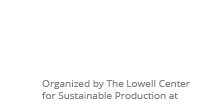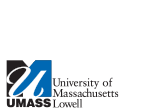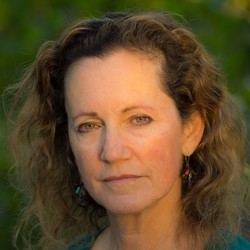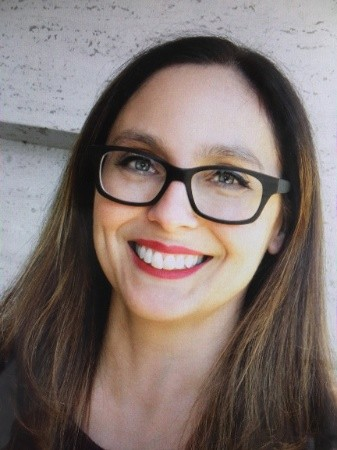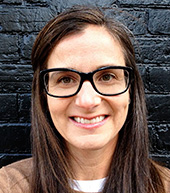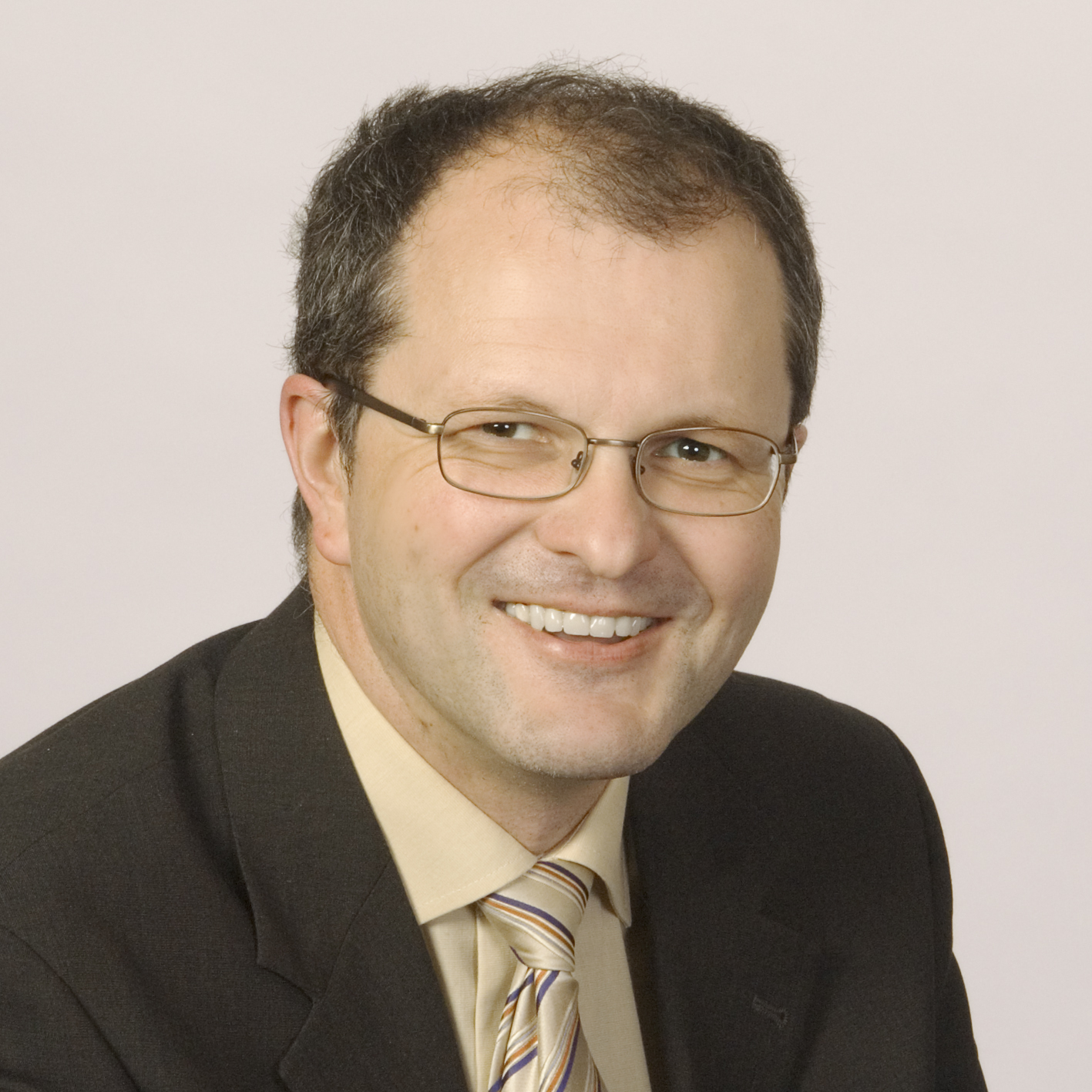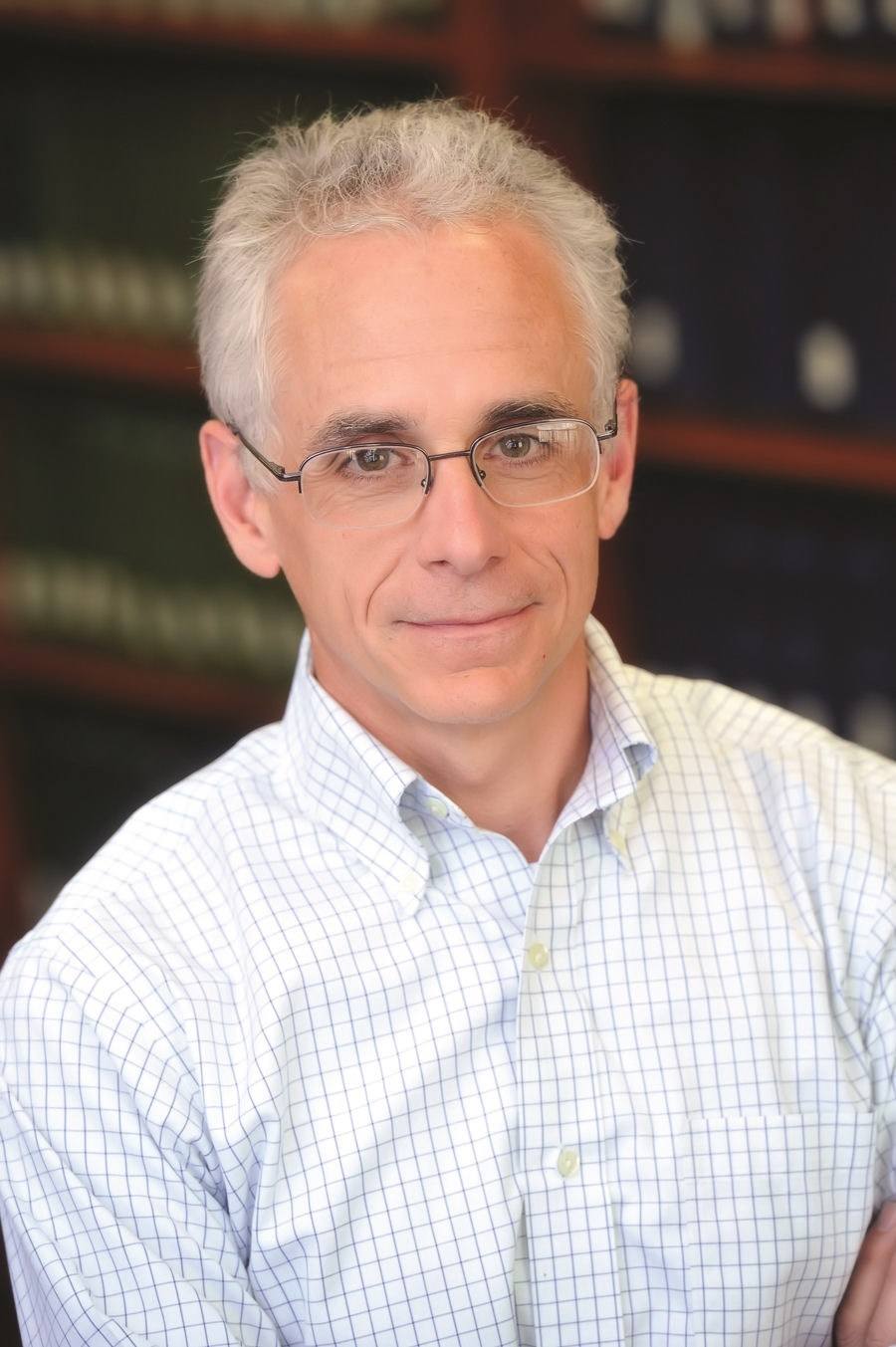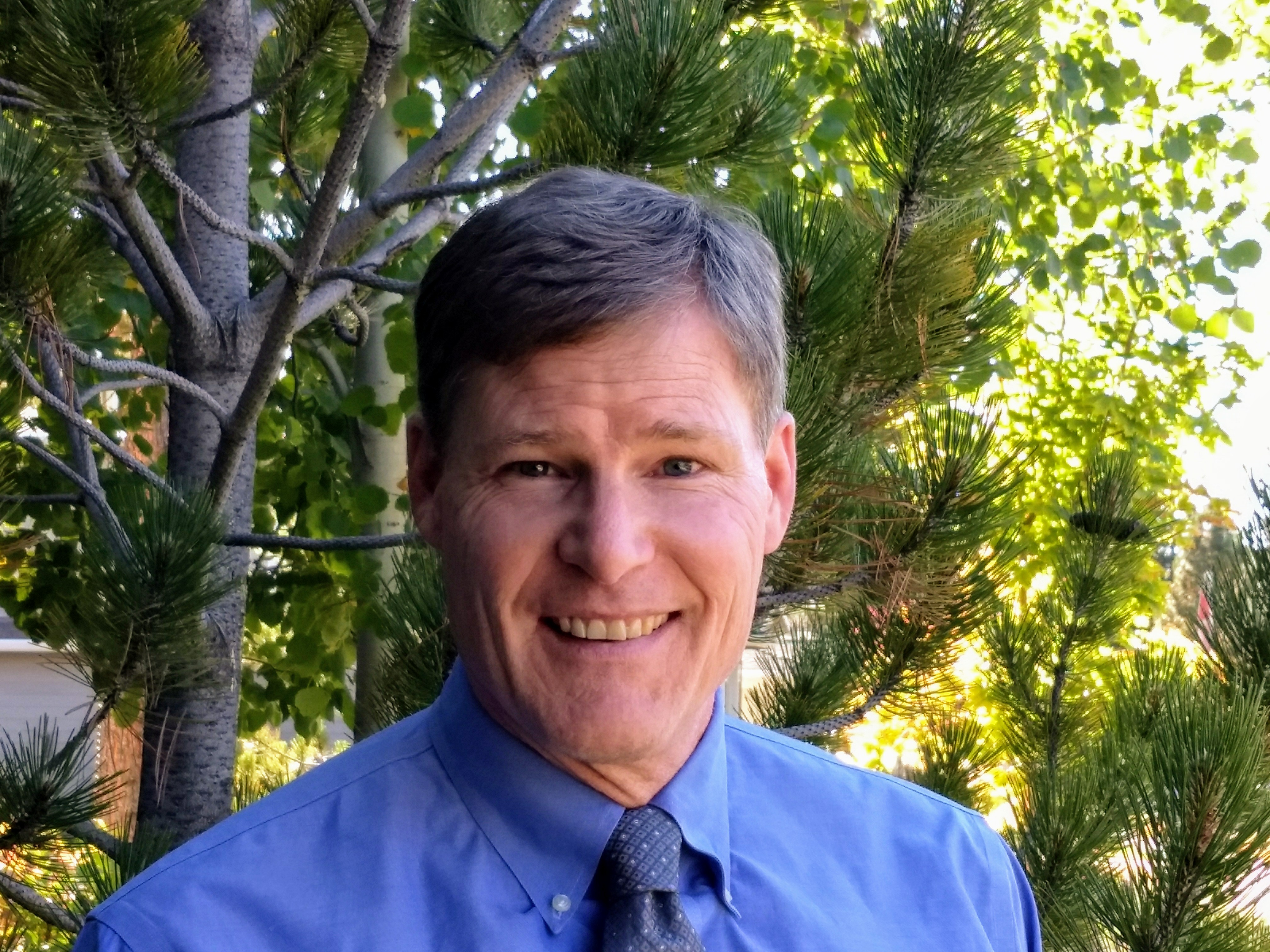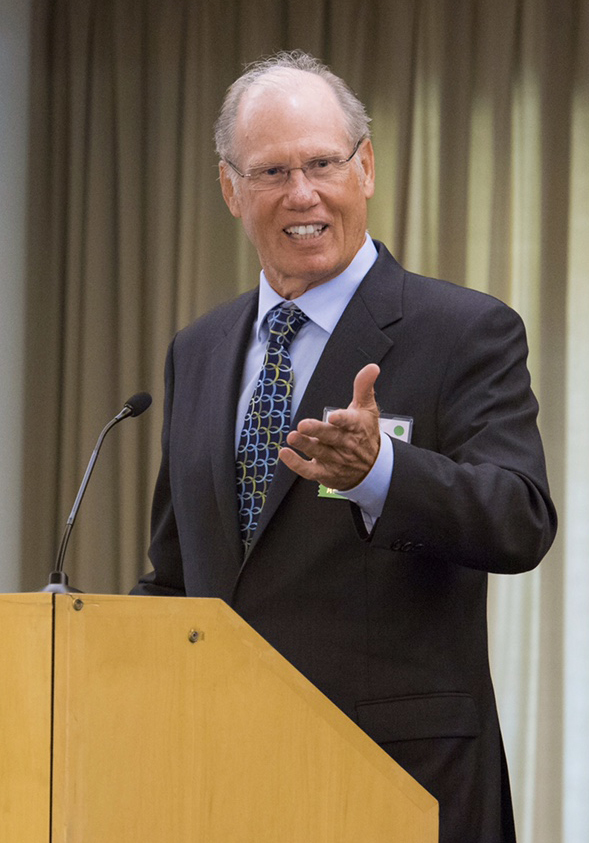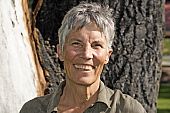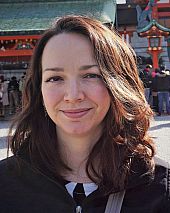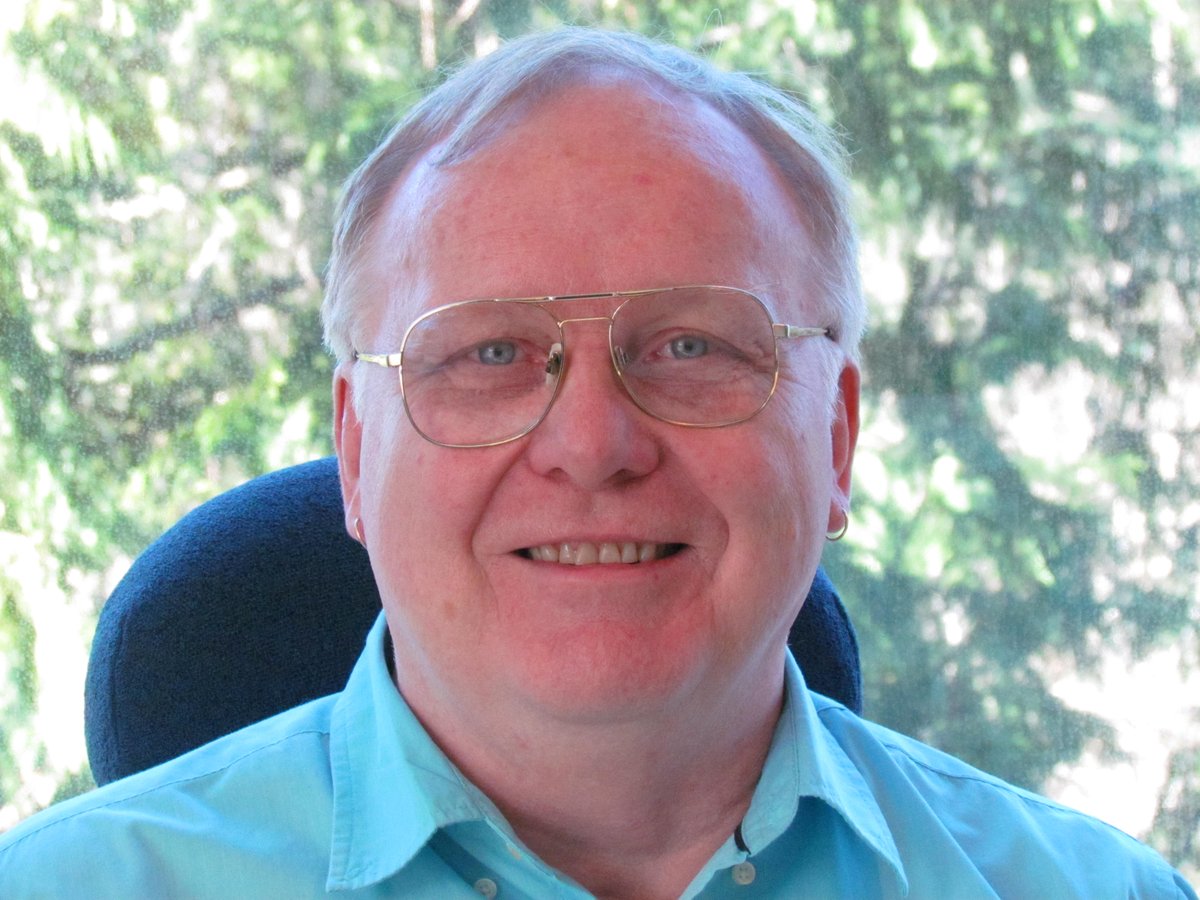Speakers
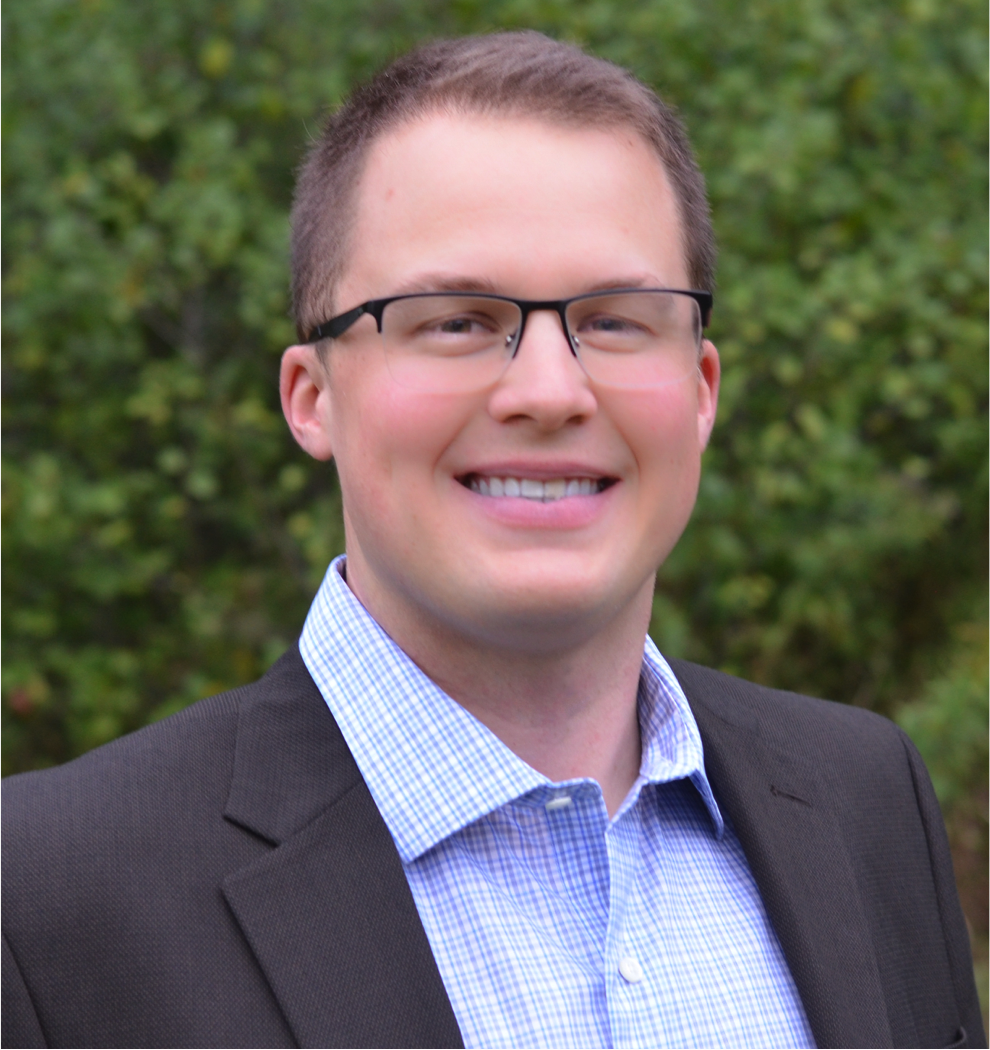 |
Ryan D. Canatsey Ryan Canatsey is a Toxicologist in the Performance Coatings Group at The Sherwin-Williams Company. As the #1 global supplier of regulated food contact coatings for metal packaging, Sherwin-Williams is leading the way in the development of new materials designed to meet consumer demand for performance and safety. Ryan provides toxicology support to global packaging R&D groups through the product development process, manages toxicological testing, and prepares risk assessments in support of regulatory approvals with an emphasis on both food contact safety and chemical registration. He holds a BS in Biochemistry from the University of Akron and a PhD in Pharmacology and Toxicology from the University of Arizona.
|
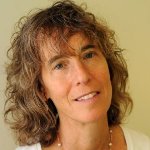 |
Sally Edwards Dr. Sally Edwards has many years of experience in engaging a wide range of stakeholders to promote the environmental health of communities and develop safer and greener products. She is a senior research associate at the Lowell Center for Sustainable Production at the University of Massachusetts Lowell. She is a co-founder of the Chemical Footprint Project, which is designed to recognize corporate leadership in the use of safer chemicals. Sally facilitates the work of the Green Chemistry & Commerce Council’s Retailer Leadership Council, whose mission is to promote safer chemicals, materials and products across retail supply chains. Sally holds a MS in Environmental Health Science from Harvard University and a BA in Human Biology from Stanford University. She completed her doctorate in Work Environment at the University of Massachusetts Lowell.
|
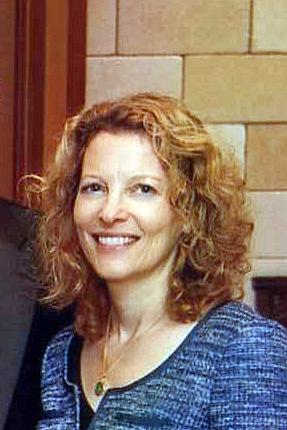 |
Elaine Cohen Hubal Dr Cohen Hubal has over 25 years of experience in environmental health with a focus on building the scientific basis for decisions that enhance public health. Dr Cohen Hubal has served in a series of science leadership positions in EPA’s Office of Research and Development where she currently works as a Senior Science Advisor in EPA’s National Exposure Research Laboratory. Previously, she served as Deputy National Program Director for EPA’s Chemical Safety for Sustainability research program. She also served as Acting Director of the Integrated Systems Toxicology and as Acting Director of the Computational Exposure Division. Dr Cohen Hubal is a member of the Health Canada Chemicals Management Plan Science Committee and of the California DTSC Green Ribbon Science Panel. She is also the Editor-in-Chief for the Journal of Exposure Science and Environmental Epidemiology. Dr Cohen Hubal received her Ph.D. in Chemical Engineering from NCSU and S.B from MIT.
|
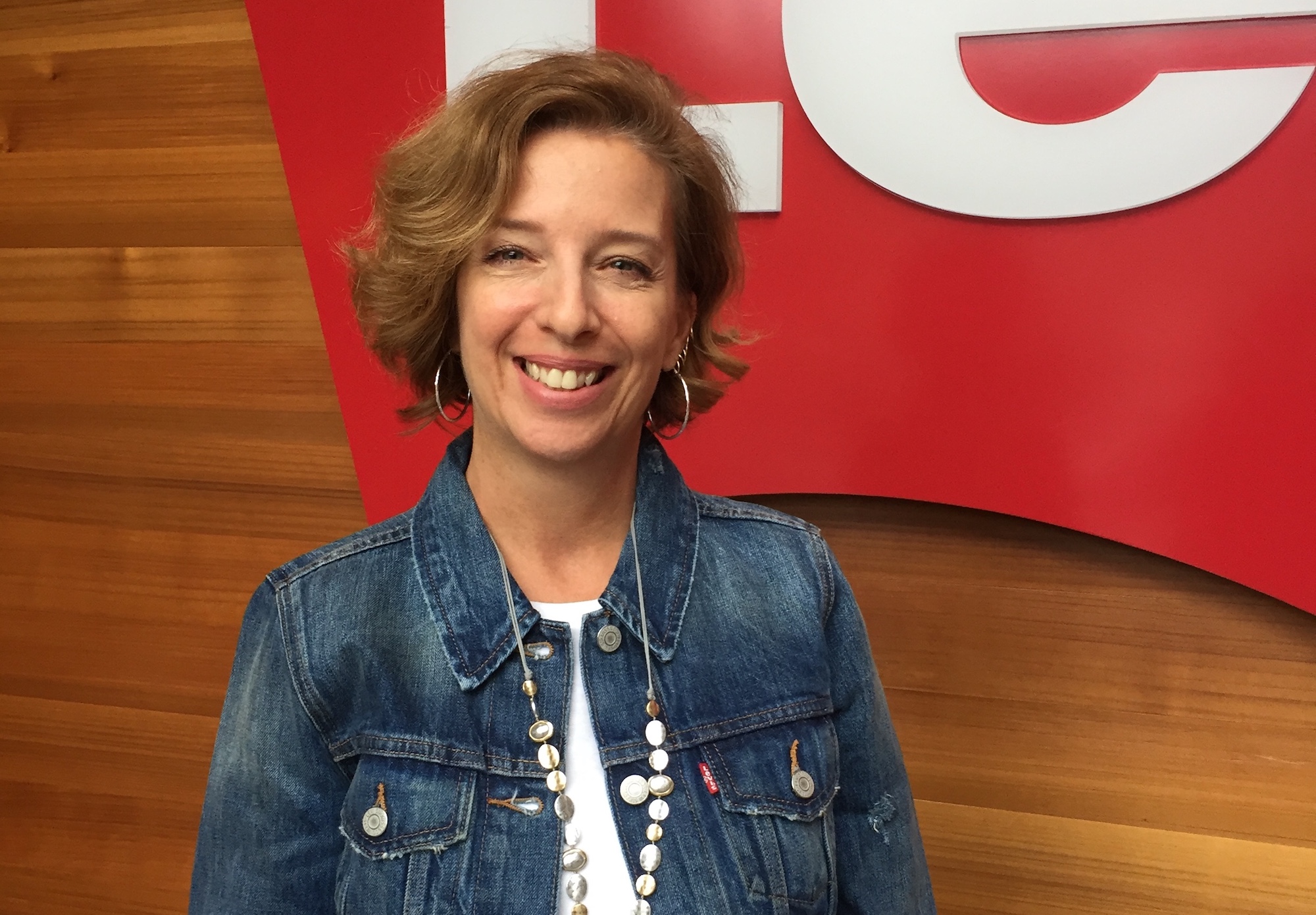 |
Linda Gallegos Linda Gallegos is the Design Development Senior Manager at Levi Strauss & Co., supporting LS&Co.’s innovation project pipeline and strategic product initiatives for the brands. In her role, Linda manages the development and execution of technical innovations, researching new product opportunities with key business partners and identifying the path forward to bring these ideas to market. Linda works closely with a variety of key business partners both internally and externally to ensure successful implementation from product development into manufacturing and onto the retail floor. She has over 20 years of textile development experience at LS&Co. Linda has her Bachelor of Arts from San Francisco State University.
|
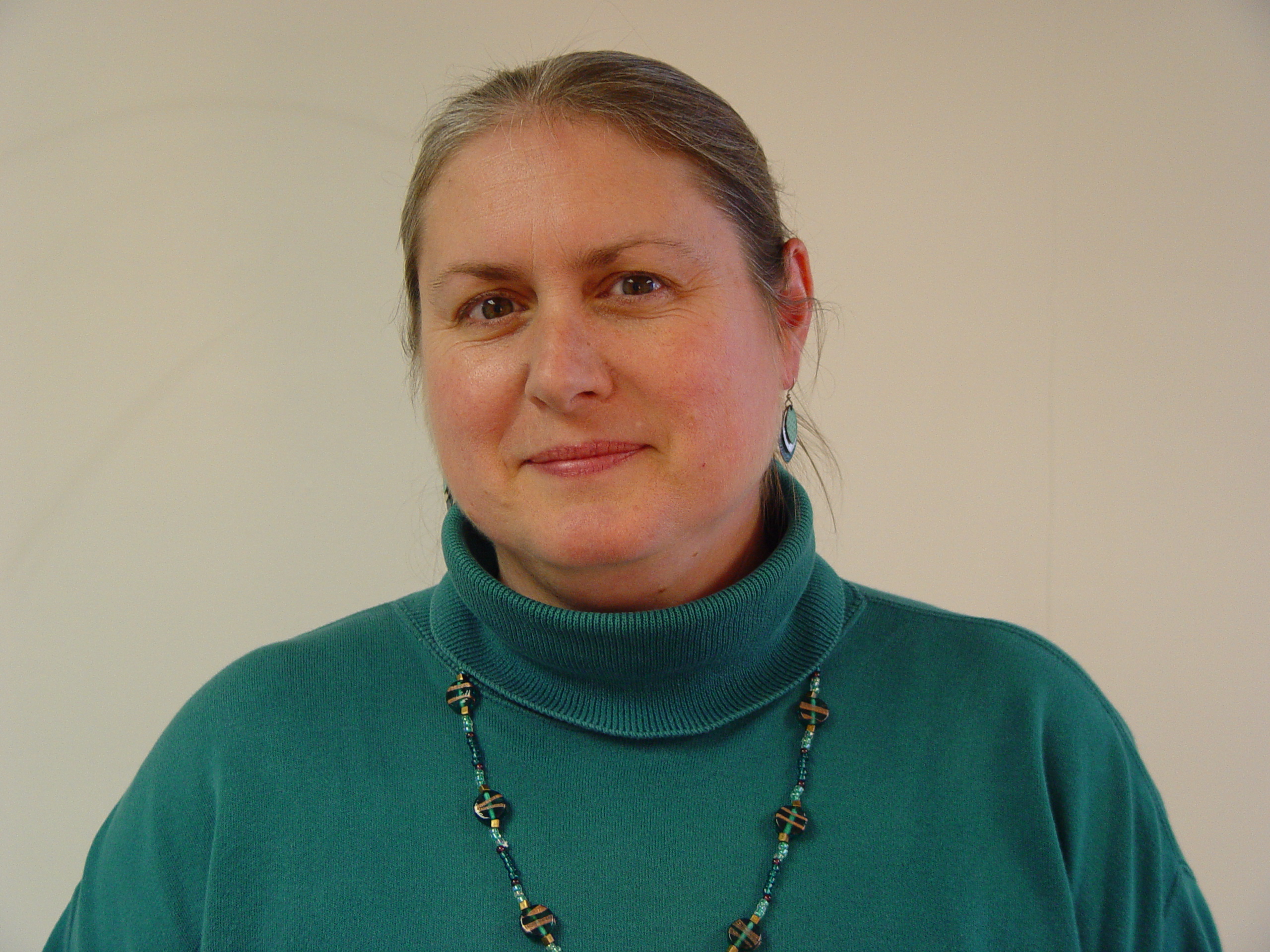 |
Liz Harriman As Deputy Director of the Toxics Use Reduction Institute, Liz Harriman is responsible for managing the operations and technical functions of the Institute, as well as working with the other TURA agencies to set direction for the program. In her 20+ years working at the Institute, she has provided technical research and support services to Massachusetts companies with the goal of identifying safer alternatives to toxic chemicals used in manufacturing and products. Recent technical work includes prioritization and hazard evaluation of chemicals, chemical alternatives assessment, and highly fluorinated substances. Ms. Harriman is a registered Professional Engineer and holds Bachelors and Masters degrees from Cornell University in Civil Engineering and a Master's degree in Hazardous Materials Management from Tufts University.
|
|
|
Lauren Heine Dr. Lauren Heine applies alternatives assessment, green chemistry, green engineering and multi-stakeholder collaboration to the development of products and processes. Lauren led development of GreenScreen® for Safer Chemicals, a method for chemical hazard assessment increasingly used worldwide and CleanGredients™, a web-based information platform for identifying greener chemicals in cleaning products. Lauren serves on the Apple Green Chemistry Advisory Board and served on the California Green Ribbon Science Panel. For the OECD, she drafted Policy Principles for Sustainable Materials Management. For the US EPA, she helped develop criteria for the Design for the Environment (DfE) Safer Choice and served on both Steering and Technical Committees for DfE Alternatives Assessment Programs. Lauren was technical advisor to the development of the Interstate Chemicals Clearinghouse and WA Alternatives Assessment Guide. Lauren earned her doctorate in Civil and Environmental Engineering from Duke University. She was a Fellow with the American Association for the Advancement of Science (AAAS) in the Green Chemistry Program at the US Environmental Protection Agency and is currently adjunct faculty in Engineering at Gonzaga University.
|
|
|
Helen Holder Helen Holder is a Distinguished Technologist in HP Labs working on IOT, printed electronics, displays, batteries, materials, sustainability, soldering, and reliability. During her tenure at HP, she has introduced environmental and human health criteria to complement traditional functional, safety, and reliability requirements for materials selection, and uses the tenets of green chemistry to make product materials selection decisions. Helen received her Bachelor of Science degree from the Massachusetts Institute of Technology and received her Master of Science degree from the University of California, Berkeley, where she was an HP resident fellow.
|
|
|
Molly Jacobs Molly Jacobs is a Senior Research Associate and Project Manager at the Lowell Center for Sustainable Production with over 20 years of experience in public health research and practice. Her work focuses on advancing policy and programs to prevent chronic disease risks associated with environmental and occupational exposures. She has authored numerous research translation papers, book chapters and reports synthesizing the state of the science linking environmental and occupational exposures and with chronic diseases, including asthma and cancer, as well as health risks associated with emerging technologies and materials, such as wood biomass energy and nanomaterials. Molly’s research also focuses on the application of alternatives assessment in science and policy and works to advance the methods and practice of alternatives assessment as a critical disease prevention and environmental protection strategy.
|
|
|
Lothar Lieck Dr Lothar Lieck (antes Lissner) is currently working as Senior Project Manager at the European Agency for Safety and Health at Work. In his former occupations at the Free Hanseatic City of Hamburg and as managing director of Kooperationsstelle Hamburg IFE he has coordinated a number of European projects, many of them dealing with substitution (printing, metal and construction industry). In 2007 he wrote a PhD Thesis 2007 on “Analysis of public incentives for the substitution of dangerous chemicals comparing the examples of Germany, the Netherlands and Sweden.”
|
|
|
Tim Malloy Timothy Malloy is a Professor of Law and a director of the UCLA Environmental Science and Engineering doctoral program. He is a member of the UC Center for Environmental Implications of Nanotechnology and serves on California’s Department of Toxic Substances Control Green Ribbon Science Panel and Chemicals Policy Advisory Committee for the California Policy Research Center. He joined UCLA in 1998, following 12 years in practice at private law firms and at the United States Environmental Protection Agency, Region III. Professor Malloy's research interests focus on environmental, chemical and nanotechnology policy, regulatory policy, and organizational theory and decision analysis, with particular emphasis on the relationship between regulatory design and implementation and the structure of business organizations. In addition, he has worked and written extensively in the area of risk governance and prevention-based regulation.
|
|
|
Kevin Masterson Kevin Masterson has over 30 years of experience developing and implementing environmental protection programs in Oregon and Southwest Washington. Currently, he is the Agency Toxics Coordinator for the Oregon Department of Environmental Quality (DEQ). In this position, he is responsible for working across all of DEQ’s programs on technical and policy initiatives, including the agency’s toxics reduction strategy and several watershed-based pesticide monitoring and stewardship projects. Previously, Kevin coordinated Oregon DEQ’s stormwater program, leading work efforts on various permits, rules and policies. He also spent over twelve years initiating, implementing and coordinating a range of pollution prevention and compliance technical assistance programs for businesses. Kevin holds Bachelor’s and Master’s degrees from the University of Oregon.
|
|
|
Roger McFadden Roger draws on 35 years of experience as an scientist, innovator, entrepreneur, and proud grandfather to inspire and motivate you to avoid the risks of mediocrity and capture the beauty of change making. Roger McFadden is the founder of McFadden and Associates LLC, a professional consulting firm with extensive expertise in green chemistry, chemical assessments, safer chemical alternatives, sustainability, and consumer & commercial product design. His clients include product formulators, consumer brand companies, retailers, chemical companies, cleaning contractors, procurement professionals, janitorial supply businesses and NGOs. Roger also serves as Vice President of Innovation and Sustainability at Canberra Corporation where he directs innovation, sustainability and corporate chemicals policy.
|
|
|
Mary O'Brien Mary O’Brien (Ph.D., Botany) has worked with toxics reform and conservation organizations since 1981, focusing on the development of alternatives under the National Environmental Policy Act (NEPA). She currently (since 2003) works with Grand Canyon Trust, a Colorado Plateau conservation organization; and earlier with the Northwest Coalition for Alternatives to Pesticides, Environmental Law Alliance Worldwide, and Hells Canyon Preservation Council. She wrote Making Better Environmental Decisions: An Alternative to Risk Assessment (2000), based on the concept that developing least-harm alternatives is more appropriate than asking how much risk and harm are acceptable.
|
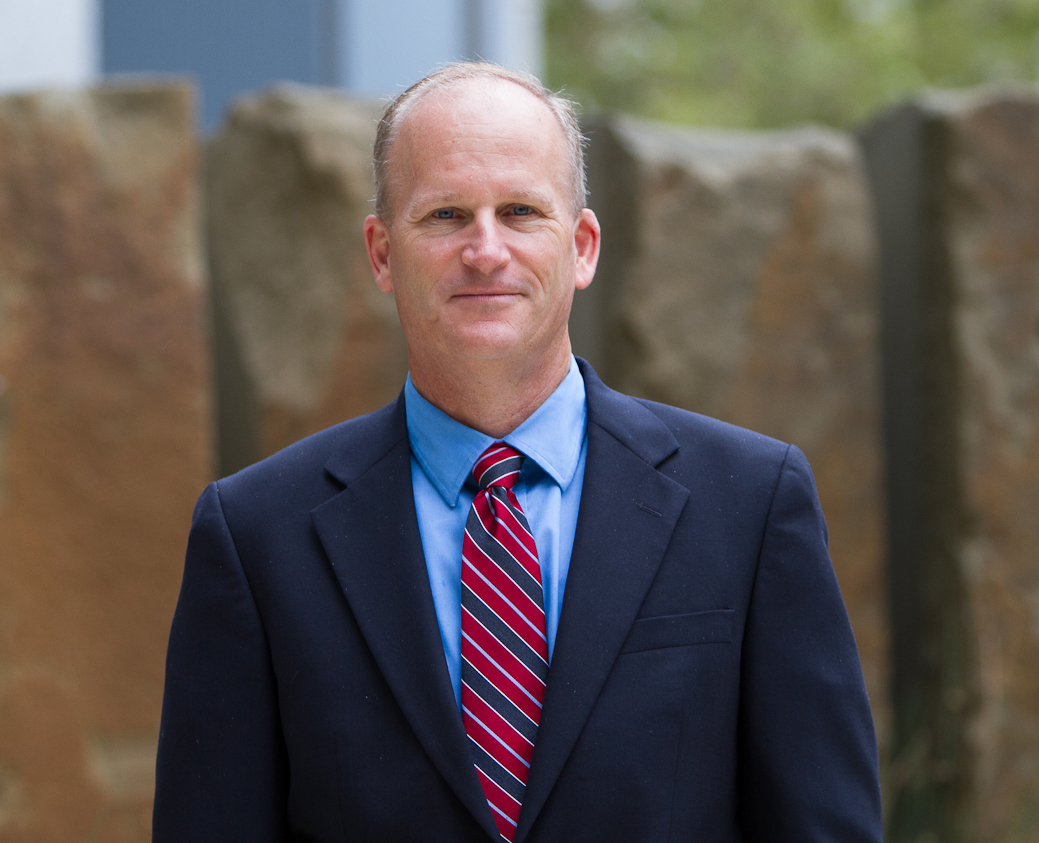 |
Karl Palmer Karl Palmer manages DTSC’s Safer Consumer Products Branch. He has over 30 years’ experience at DTSC conducting assessments of hazardous waste and superfund sites, writing regulations, coordinating HAZMAT responses and promoting pollution prevention. Mr. Palmer holds a B.S. in Resource Sciences from the University of California, Davis.
|
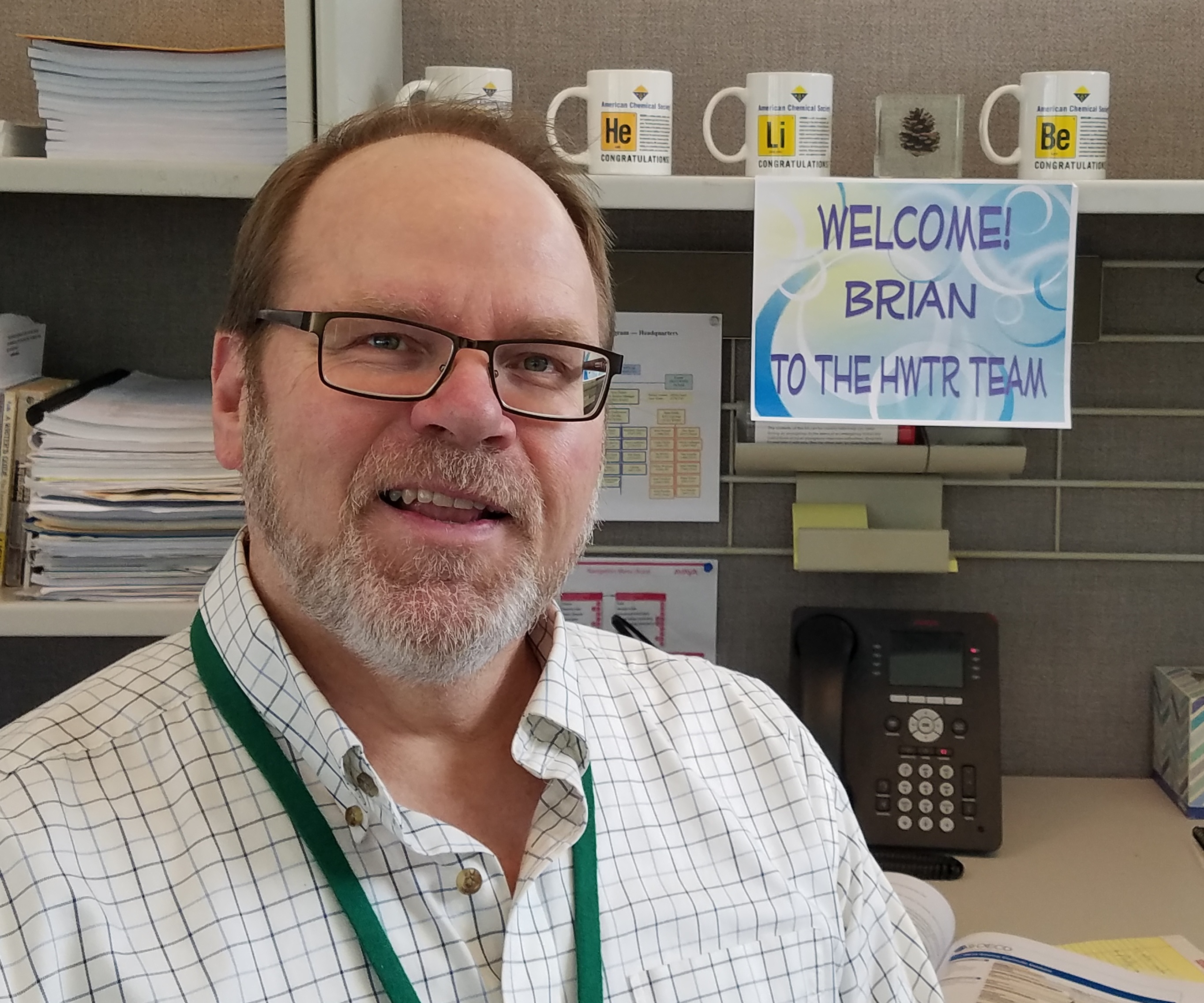 |
Brian Penttila Brian Penttila is a Safer Alternatives Chemist for the Washington State Department of Ecology where he leads the agency’s efforts in alternatives assessment and chemical hazard assessment. Brian has extensive experience in pollution prevention, chemical hazard and alternatives assessment, chemical and material test method development, and product development. He worked previously as a sole-proprietor consultant and has worked with the Pacific Northwest Pollution Prevention Resource Center and with the Weyerhaeuser Company. Brian has a PhD and MS in Chemical Engineering from the University of Rochester and a BS in Chemical Engineering and Bioengineering (dual degree) from the University of Pennsylvania.
|
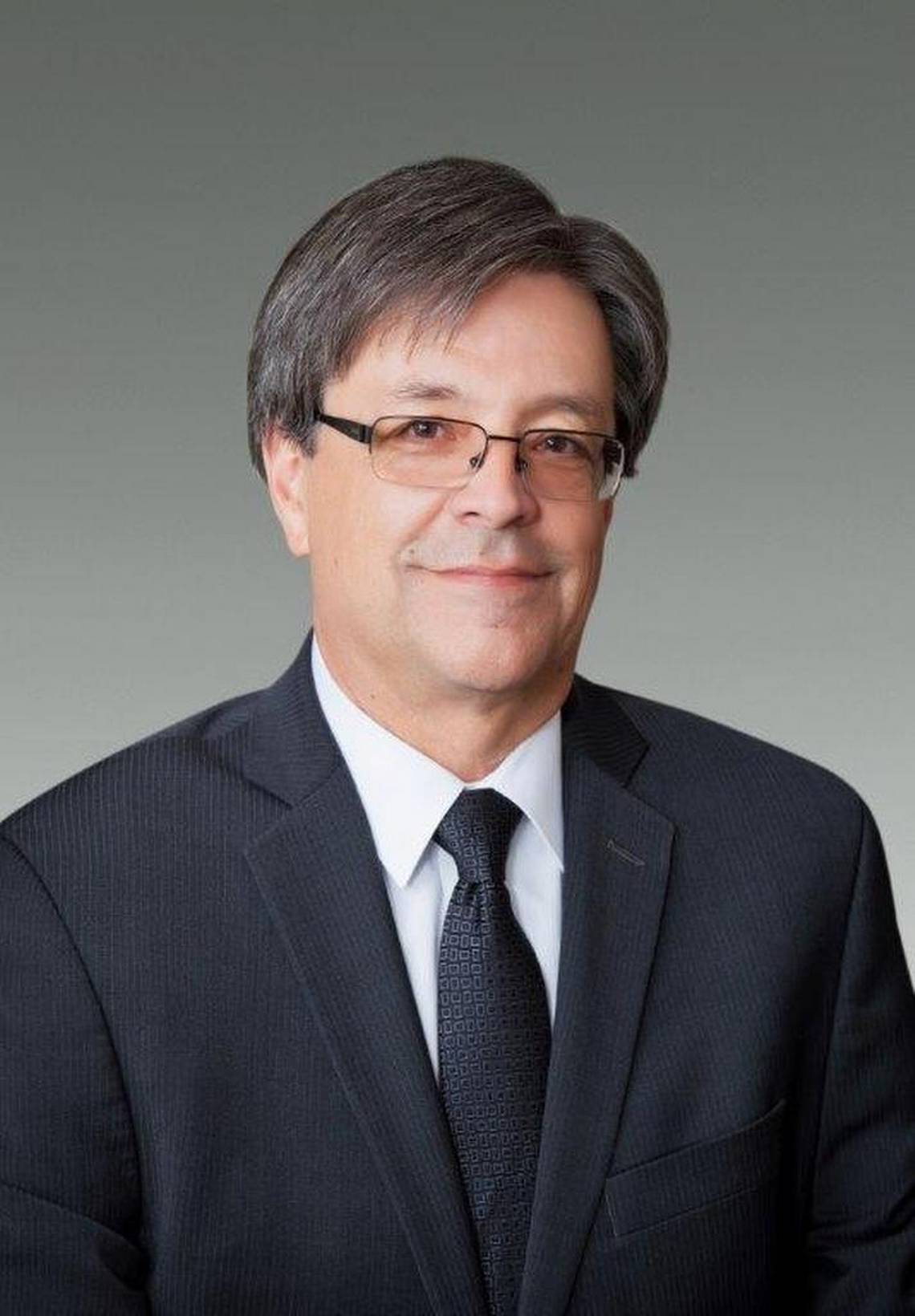 |
Matthew Rodriquez Matthew Rodriquez was appointed California Secretary for Environmental Protection by Governor Edmund G. Brown Jr. in July 2011. As Secretary, Matt oversees the activities of the six boards, departments and offices within the Agency, including the California Air Resources Board and the State Water Resources Control Board. Matt comes to CalEPA with over 24 years of environmental experience with the California Department of Justice. Matt formerly served as a Deputy Attorney General, specializing in land use and environmental law. Attorney General Brown promoted Matt to the position of Chief Assistant Attorney General for the Public Rights Division in 2009, where he supervised the environmental, civil rights and consumer law sections of the Office. Prior to his selection as Secretary, he served as Acting Chief Deputy Attorney General for Attorney General Kamala D. Harris. Matt graduated from UC Berkeley with a degree in History, and received his JD from UC Hastings College of the Law in 1980.
|
|
|
Cathy Rudisill Cathy Rudisill is a chemistry manager in the Environmental Health Analysis Group at SRC, Inc. where she manages a multi-disciplinary team of chemists and toxicologists in the development of comprehensive hazard assessments. Her primary focus is overseeing SRC's efforts in providing technical contract support to the U.S. EPA's Safer Choice program and was a co-contributor to the DfE Alternatives Assessment project. She is an expert in the use of predictive methods for the evaluation of data-poor chemicals, including analog selection and read-across, chemical cluster/category analysis and QSAR models. Ms. Rudisill has more than 14 years of experience in developing chemical hazard assessments for government and commercial customers. She holds a M.S. in Environmental Sciences and Policy from The Johns Hopkins University and a B.S. in Chemistry from Shippensburg University.
|
 |
Pam Spencer Dr. Pamela Spencer is the Senior Director of Regulatory Affairs & Product Stewardship at ANGUS Chemical, in Chicago, IL. Prior to this role, she worked for the Dow Chemical Company for 30 years, retiring as the Scientific Director of Dow’s Toxicology Environmental Research & Consulting function. She received her doctorate from the Department of Toxicology, School of Public Health, University of Michigan. She has extensive experience in regulatory toxicity testing and research to define human health risks, with numerous publications to date in the areas of neurotoxicology, genetic toxicology, carcinogenicity and green chemistry. Dr. Spencer is involved in several scientific service activities that include: appointment to National Institute of Environmental Health Sciences (NIEHS), Scientific Advisory Committee on Alternative Toxicological Methods, appointment to the Board of Trustees for the Health and Environmental Sciences Institute, and Vice President Society of Toxicology In Vitro and Alternative Methods Specialty section.
|
|
|
Alex Stone Alex Stone, Sc.D. worked for over 25 years as a chemist focused on safer alternatives to toxic chemicals in consumer products and alternatives assessment techniques. He worked for the Washington State Department of Ecology (Ecology) in the Hazardous Waste and Toxics Reduction Program on projects such as Washington’s Chemical Action Plans, environmentally preferred purchasing, and Children’s Safe Product Act. Alex served as chair for the Interstate Chemicals Clearinghouse (IC2) to develop the IC2 Alternatives Assessment Guide, as an advisor to EPA's Design for the Environment Program (DfE) to create alternatives assessments and criteria for their Safer Choice Program, and as a reviewer for the National Academy of Sciences' A Framework to Guide Selection of Chemical Alternatives. Alex created the Quick Chemical Assessment Tool (QCAT), an evaluation technique designed to enable small and medium companies with limited toxicology experience to conduct a chemical hazard assessment. For these efforts and others, Alex received in 2017 the Outstanding Government Service Award presented by the Society for Environmental Toxicology and Chemistry (SETAC).
|
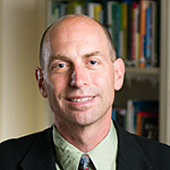 |
Joel Tickner Dr. Joel Tickner is Professor in the Department of Public Health at the University of Massachusetts Lowell where he also directs the Chemicals Policy and Science Initiative at the Lowell Center for Sustainable Production. He is founder and Director of the Green Chemistry and Commerce Council. He is a leading expert on the application of green chemistry and alternatives assessment in science and policy. He has served on a number of EPA and National Academy of Sciences advisory committees and advises government agencies around the world. He holds a Masters of Science degree in Environmental Studies from the University of Montana and a Doctor of Science Degree from the Department of Work Environment at University of Massachusetts Lowell.
|
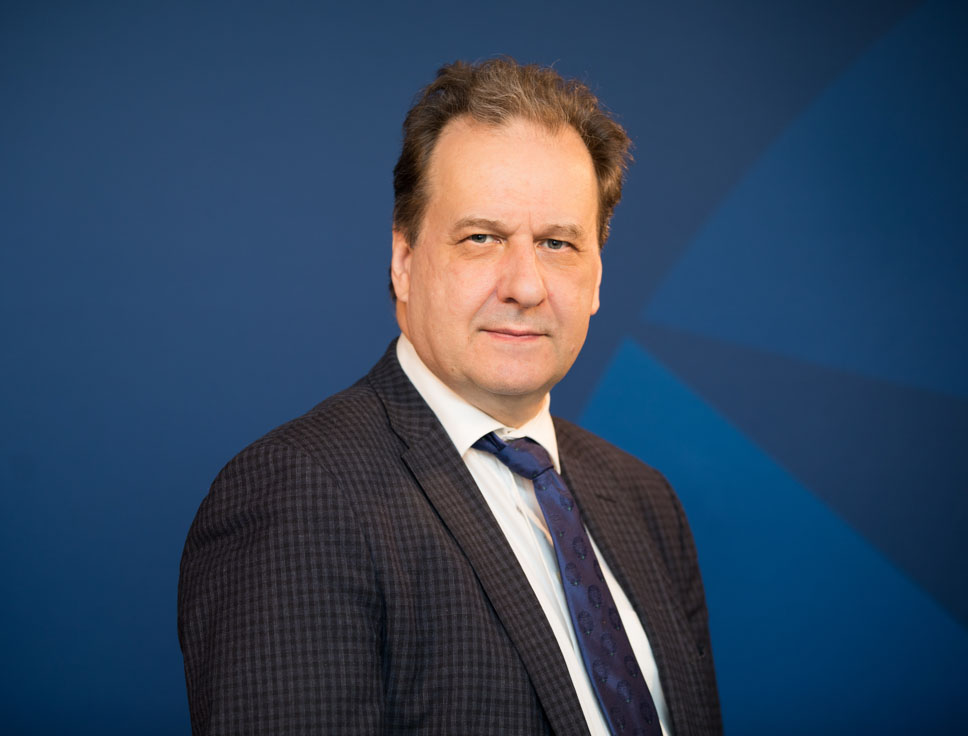 |
Matti Vainio Matti Vainio is heading the Risk Management Implementation Unit of the European Chemicals Agency. He is responsible for the application for authorisation and restriction processes, supply chain communication as well as socio-economic analysis and substitution. Before joining ECHA in 2007 he worked for 10 years in the European Commission developing cost-effective environmental policies to on air quality, transport and climate change issues. Earlier he worked in the United Nations, Finnish Foreign Ministry as well as a consultant. He holds a Ph.D. degree in Economics.
|
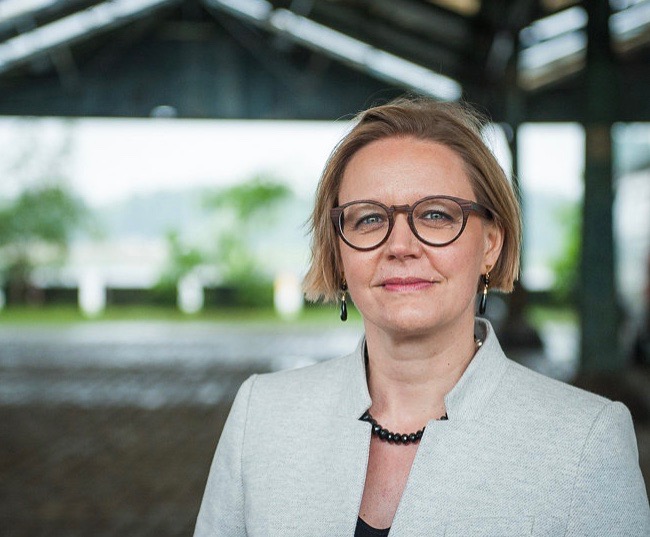 |
Elke Van Asbroeck As a result of 12 years in industry as a production engineer, technical support manager, and chemicals product steward, Elke has direct experience of industrial processes and the business impacts of chemical regulations compliance. In 2009 Elke left industry to create the company Apeiron-Team, a consultancy specialising in REACH and chemicals stewardship. Apeiron-Team’s mission is to support improvements to human health and the environment. This is achieved by advising both regulatory and industry stakeholders on risk management and reduction approaches, either through exposure reduction, or by actively searching for technically and economically feasible alternatives. The Apeiron-Team members pride themselves on bringing all parties together on the path towards improvement solutions. The authorisation dossiers submitted under the REACH regulation by Elke and her team have been positively recognised by authorities, industry and NGOs. Elke’s in-depth expertise in the waste and recycle industry has resulted in Apeiron-Team taking an active role supporting clients in circular economy projects and more specifically, on how to overcome regulatory and technical hurdles associated with the management of substances across the end-of-life stages in the supply chain.
|
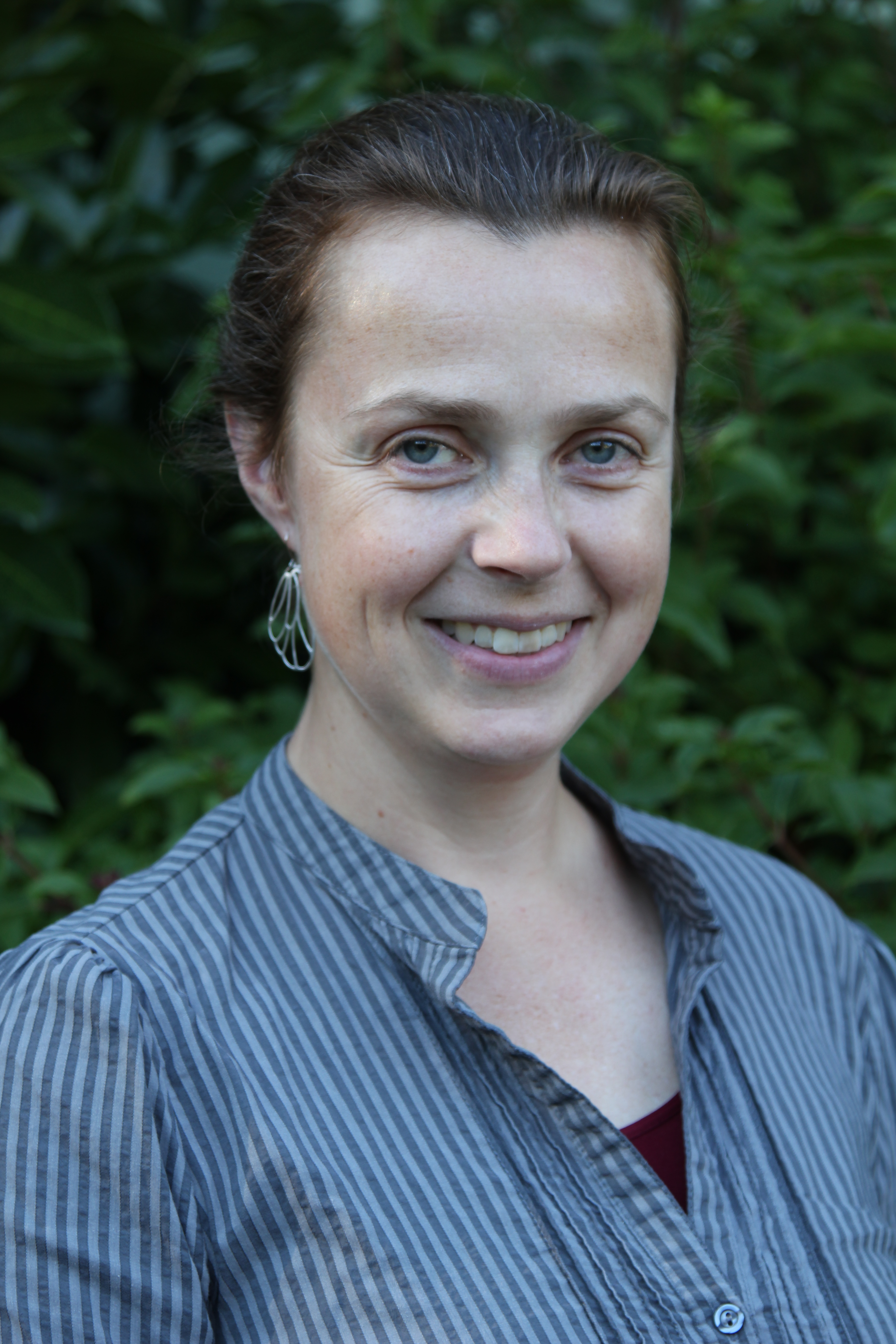 |
Saskia van Bergen Saskia van Bergen is the Green Chemistry Scientist at the Washington State Department of Ecology. Her focus is to build a technically strong and vibrant green chemistry program in the State. In this capacity, she works with regional and national partners to develop, support and sustain green chemistry and safer alternative efforts. Previously, Saskia worked as an analytical chemist at several organizations including East Bay Municipal Utility District, Madis Botanicals and the U.S. Naval Research Laboratory. She holds a B.A. in Chemistry from Vassar College and a M.S in Agricultural and Environmental Chemistry from the University of California, Davis.
|
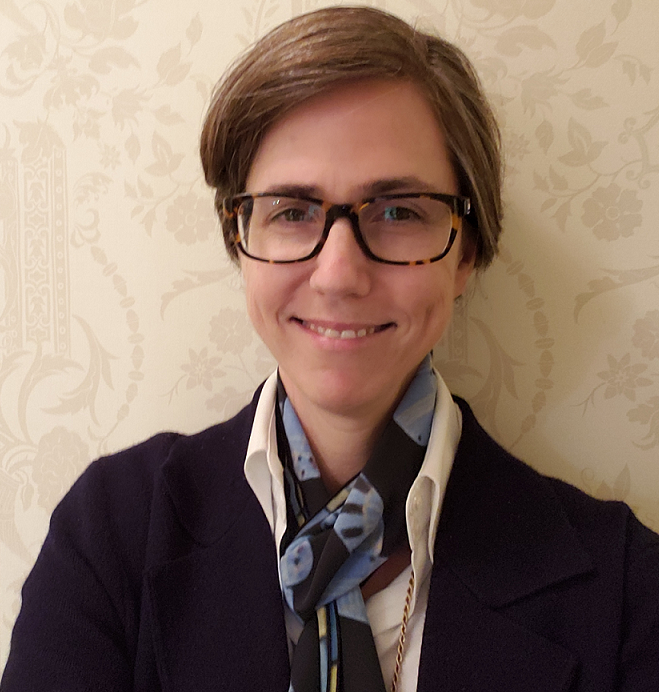 |
Margaret Whittaker Dr. Margaret “Meg” Whittaker is the Managing Director and Chief Toxicologist of ToxServices LLC. Dr. Whittaker is one of the pioneers in the field of chemicals alternatives assessments, and is a key contributor to advancing these methods around the world. She is the technical lead on ToxServices projects for the U.S. EPA’s Safer Choice Program, Clean Production Action’s GreenScreen® for Safer Chemicals, and Cradle to Cradle CertifiedTM Products Program. As project manager and technical lead, Dr. Whittaker has contributed to and/or managed the development of hundreds of chemical hazard assessments, exposure assessments, and product-specific toxicology evaluations. Dr. Whittaker is a Diplomate of the American Board of Toxicology who earned a Ph.D. in Toxicology from The University of Maryland, Baltimore and an M.P.H. in Environmental Health from The University of Michigan. Dr. Whittaker is a U.K./EuroTox Registered Toxicologist, as well as a Chartered Biologist and Fellow of the U.K. Royal Society of Biology. |
|
|
|
 |
Meredith Williams Meredith Williams was appointed Deputy Director of the Safer Products and Workplaces program in the California Department of Toxic Substances Control in December 2013. She has led the implementation of California's Safer Consumer Products program to reduce toxic chemicals in consumer products. She has expertise in research and development and product management for semiconductor, consumer product, and chemical companies including Applied Materials and 3M. After nearly 20 years of corporate work, she held a number of positions at the San Francisco Estuary Institute (SFEI), a nationally-recognized center for science in support of aquatic resource management. She holds B.S. from Yale University and a Ph.D. in physics from North Carolina State University.
|
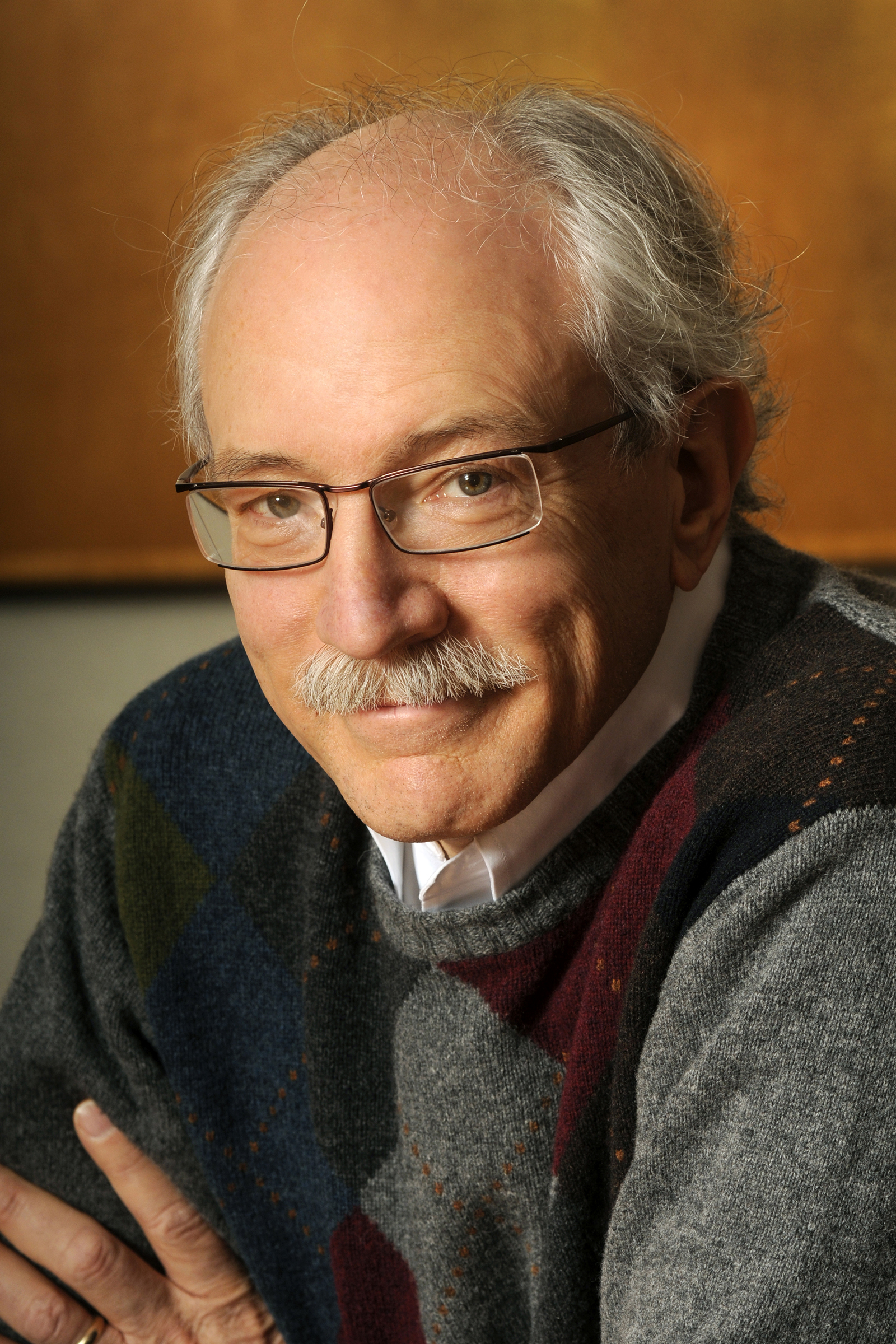 |
Richard Woychik As Deputy Director of NIEHS, Richard Woychik, Ph.D., assists the NIEHS and the National Toxicology Program Director, Linda Birnbaum, Ph.D., in the formulation and implementation of plans and policies necessary to carry out the NIEHS missions. Woychik works with Birnbaum in the administrative management of the NIEHS, and speaks on behalf of the institute as appropriate. As a mammalian geneticist with a distinguished career in molecular genetics and science administration, Woychik currently heads the Mammalian Genome Group within the NIEHS Genome Integrity and Structural Biology Laboratory. His research program is focused on better understanding the molecular mechanisms associated with how environmental agents influence the epigenetic control of gene expression. Most recently and since 2002, he served as president and CEO of Jackson Laboratory in Bar Harbor, Maine, and also functioned as the director of the laboratory’s NCI designated Cancer Center.
|
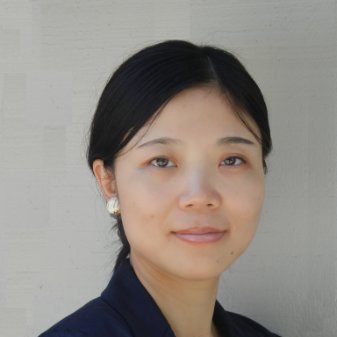 |
XiaoYing Zhou Dr. Xiaoying Zhou is a Senior Hazardous Substances Engineer at Safer Consumer Products Program, Department of Toxic Substances Control (DTSC), CalEPA. With the background in Materials Science and Engineering and Life Cycle Assessment, she has been worked on green materials selection, hazardous waste management, pollution prevention, toxics in products, and alternatives assessment for over ten years.
|

